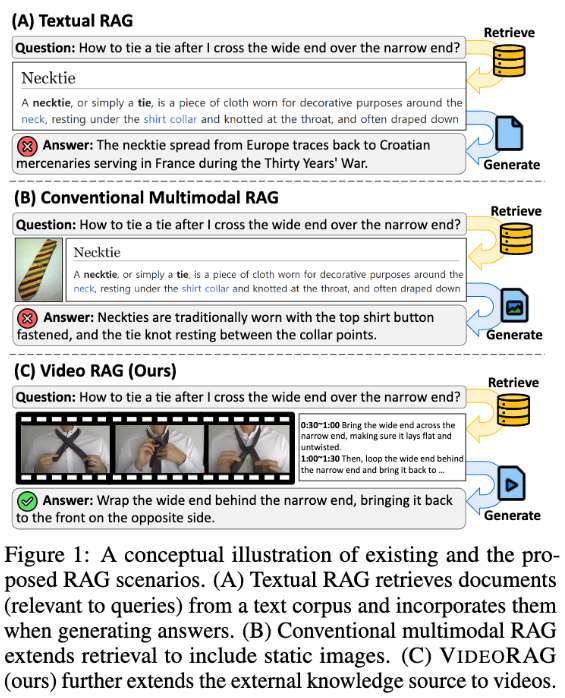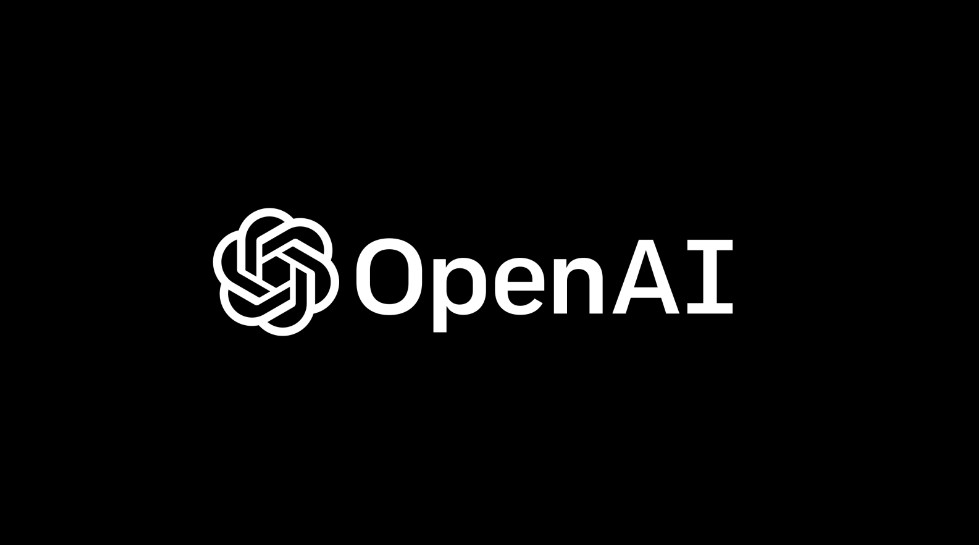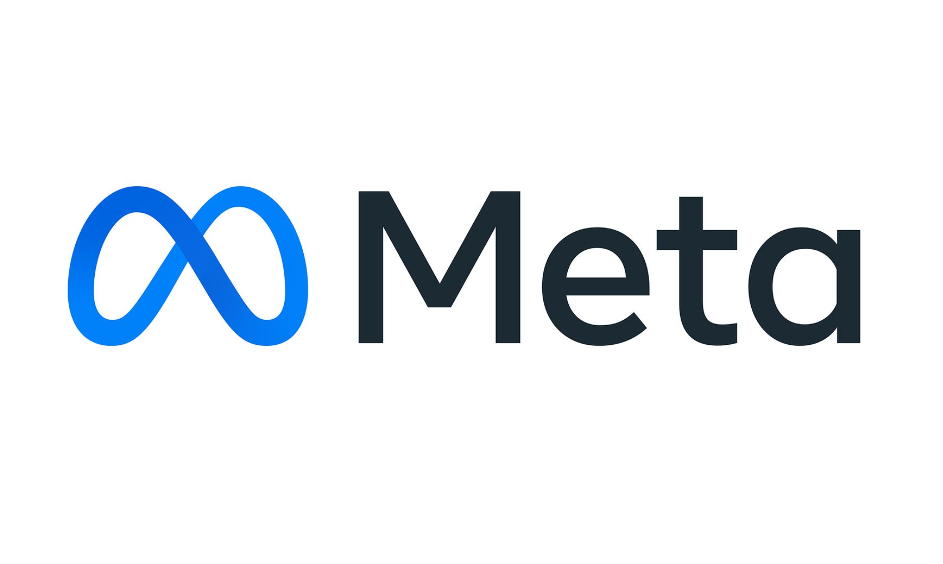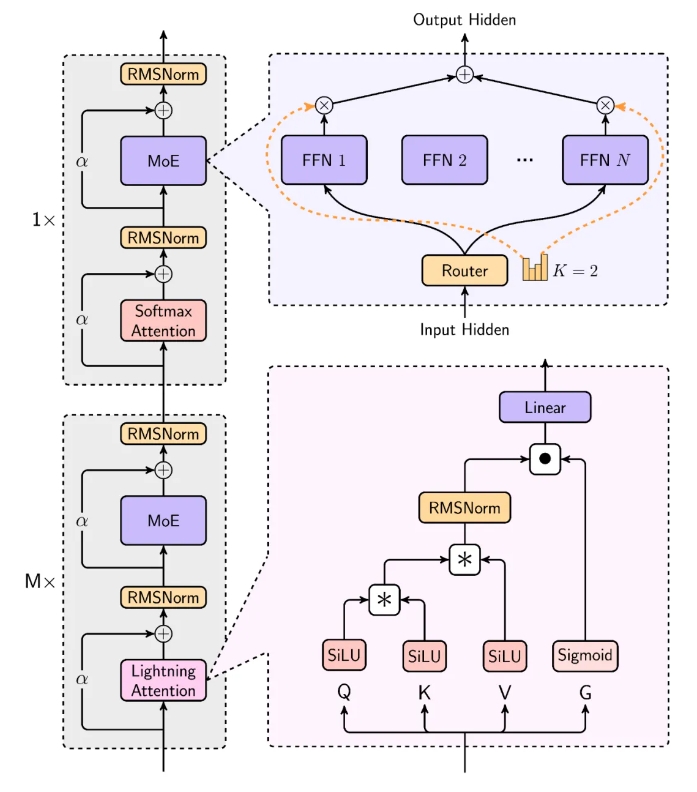Nvidia shares fell more than 6% on Tuesday, a drop that came after the company hit a record high the day before it unveiled a new generation of AI chips. The pullback was partly driven by a broader sell-off in technology stocks triggered by a surge in U.S. Treasury yields. But despite this, Nvidia is still the strongest performing company among the so-called "Super Seven". Its stock price has increased by 185% in the past year, and has increased by more than 900% in the past two years. As artificial intelligence booms, Nvidia has become the biggest beneficiary, with its revenue growing almost fivefold in the past five quarters, and data center sales accounting for nearly 90% of its total revenue.
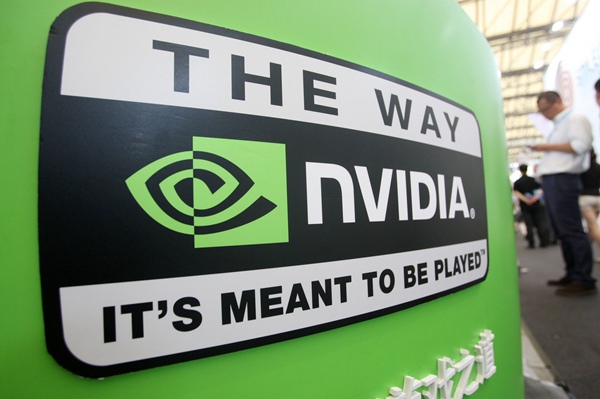
At the International Consumer Electronics Show (CES) in Las Vegas, Nvidia CEO Jensen Huang launched the latest GeForce RTX50 series of graphics cards. These graphics cards are based on the new Blackwell architecture and are designed to improve gaming performance and frame rates. However, the gaming business only accounts for 9% of Nvidia's total revenue. Compared with the major share it once occupied during the epidemic, the market's attention to this business has weakened.
In addition to gaming graphics cards, Nvidia also announced Project Digits, a personal AI supercomputer for AI researchers, data scientists and students. The project is based on the new GB10 Grace Blackwell super chip, which is capable of running models with up to 200 billion parameters and aims to bring the portability of high-performance computing devices to a new level. The system, which will launch in May and will start at $3,000, is expected to appeal to developers looking for flexible work options.
Nvidia's revenue has grown significantly in the past two years, mainly relying on large cloud computing customers including Amazon, Microsoft and Google. During an earnings call in October, Huang emphasized that the AI industry is "huge and diverse" and pointed out that Nvidia's strategy is to cover products in multiple industries such as consumer Internet, automotive and medical, not just cloud computing.
In the future, Nvidia also hopes to expand its product influence in fields such as robotics, self-driving cars, and AI development tools. Analyst Josh Gibert believes that Nvidia still maintains strong growth momentum, Huang Renxun has clearly planned its future product roadmap, and the company's performance does not seem to be slowing down. This is expected to be reflected in the financial report in February next year.
AI courses are suitable for people who are interested in artificial intelligence technology, including but not limited to students, engineers, data scientists, developers, and professionals in AI technology.
The course content ranges from basic to advanced. Beginners can choose basic courses and gradually go into more complex algorithms and applications.
Learning AI requires a certain mathematical foundation (such as linear algebra, probability theory, calculus, etc.), as well as programming knowledge (Python is the most commonly used programming language).
You will learn the core concepts and technologies in the fields of natural language processing, computer vision, data analysis, and master the use of AI tools and frameworks for practical development.
You can work as a data scientist, machine learning engineer, AI researcher, or apply AI technology to innovate in all walks of life.

